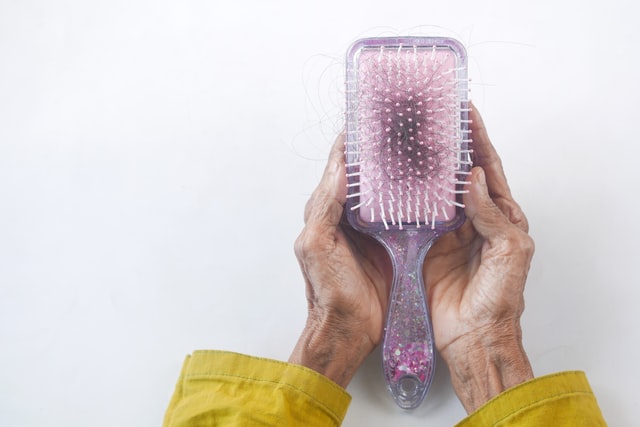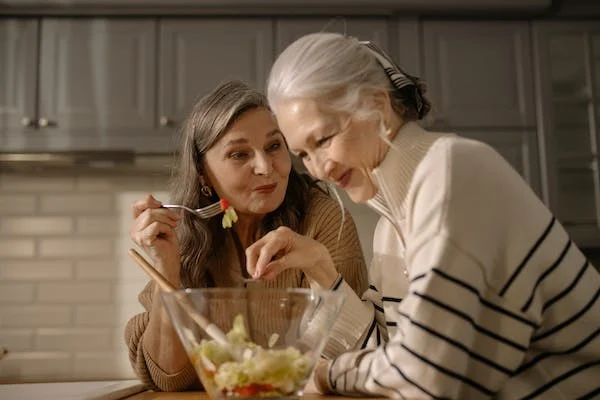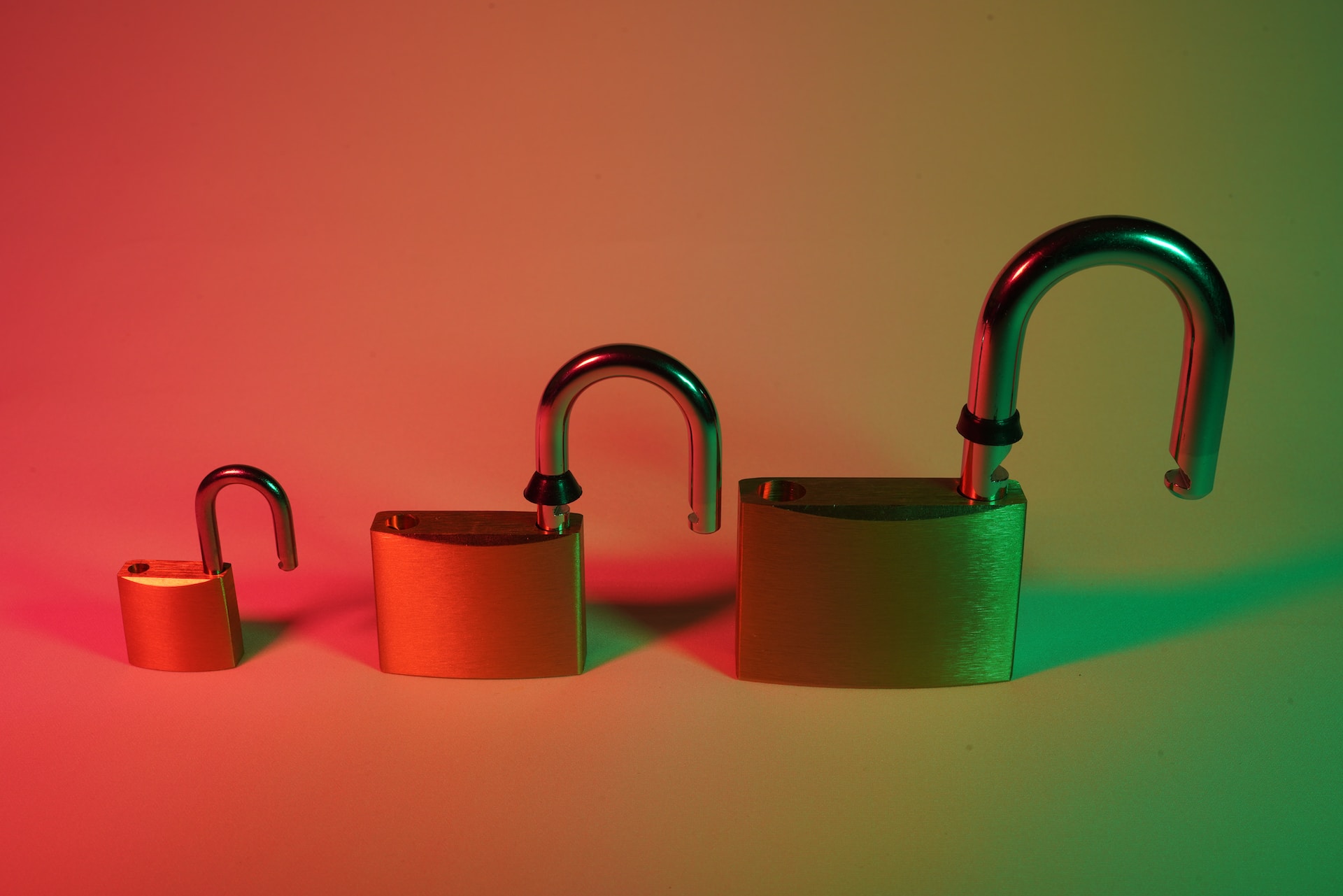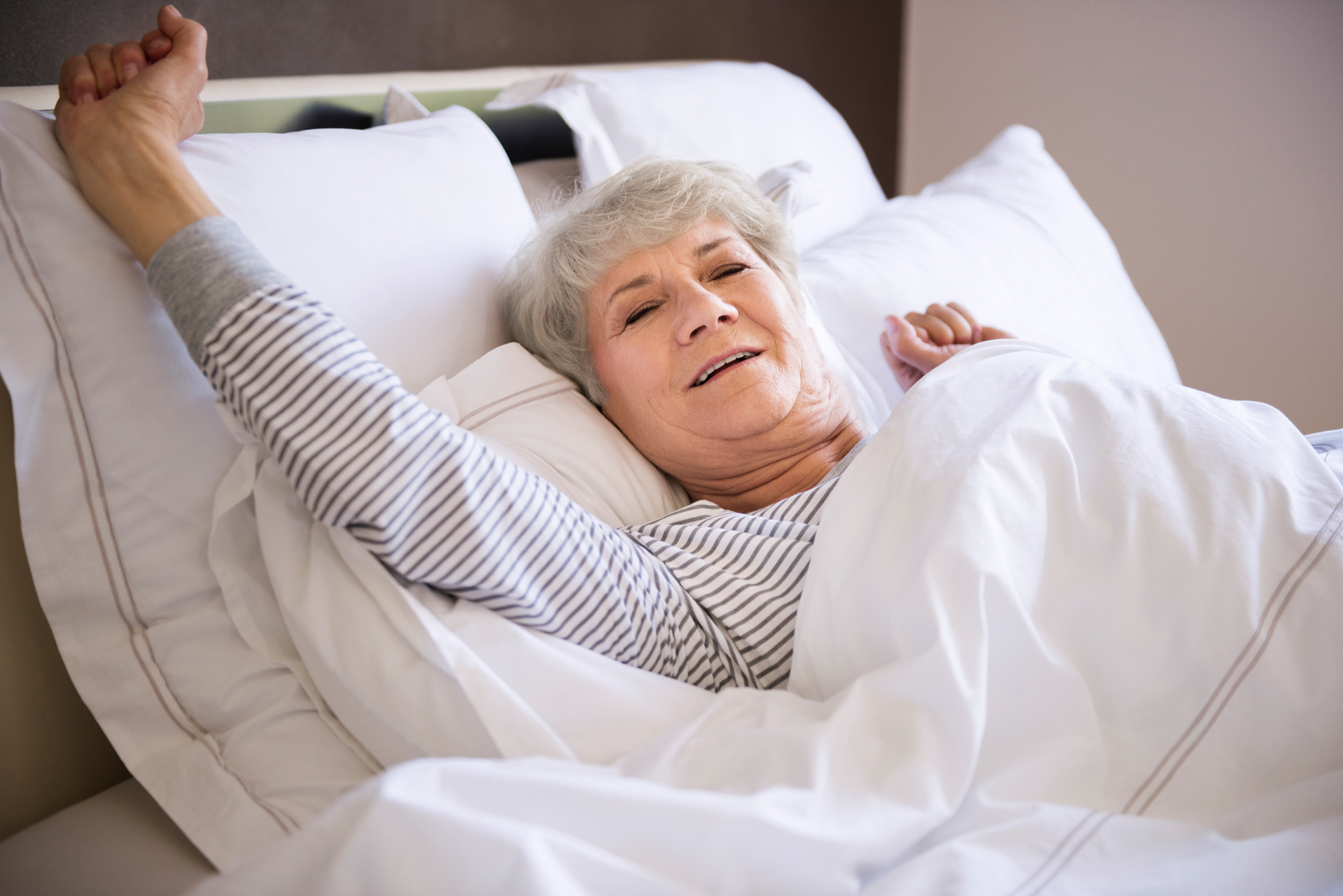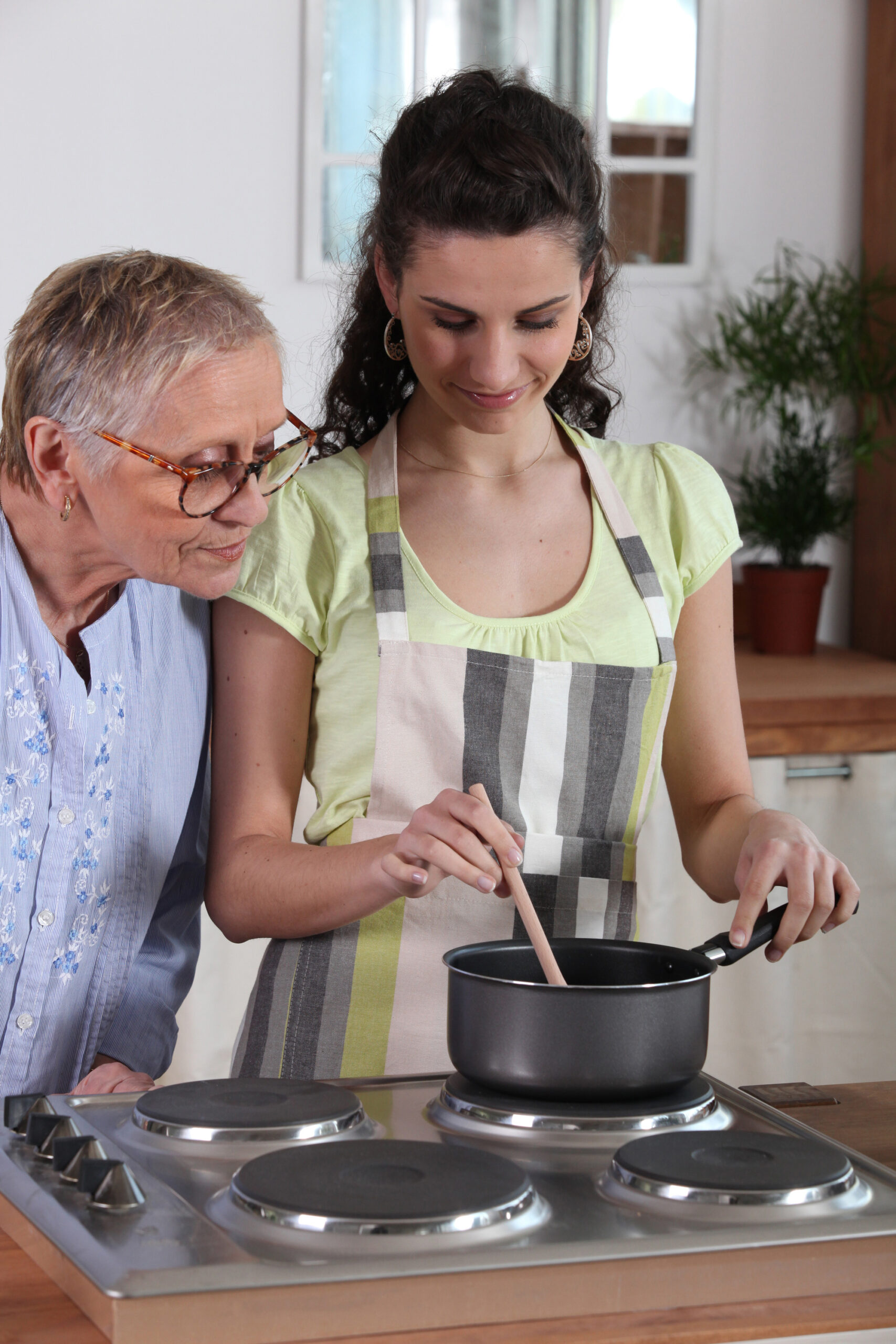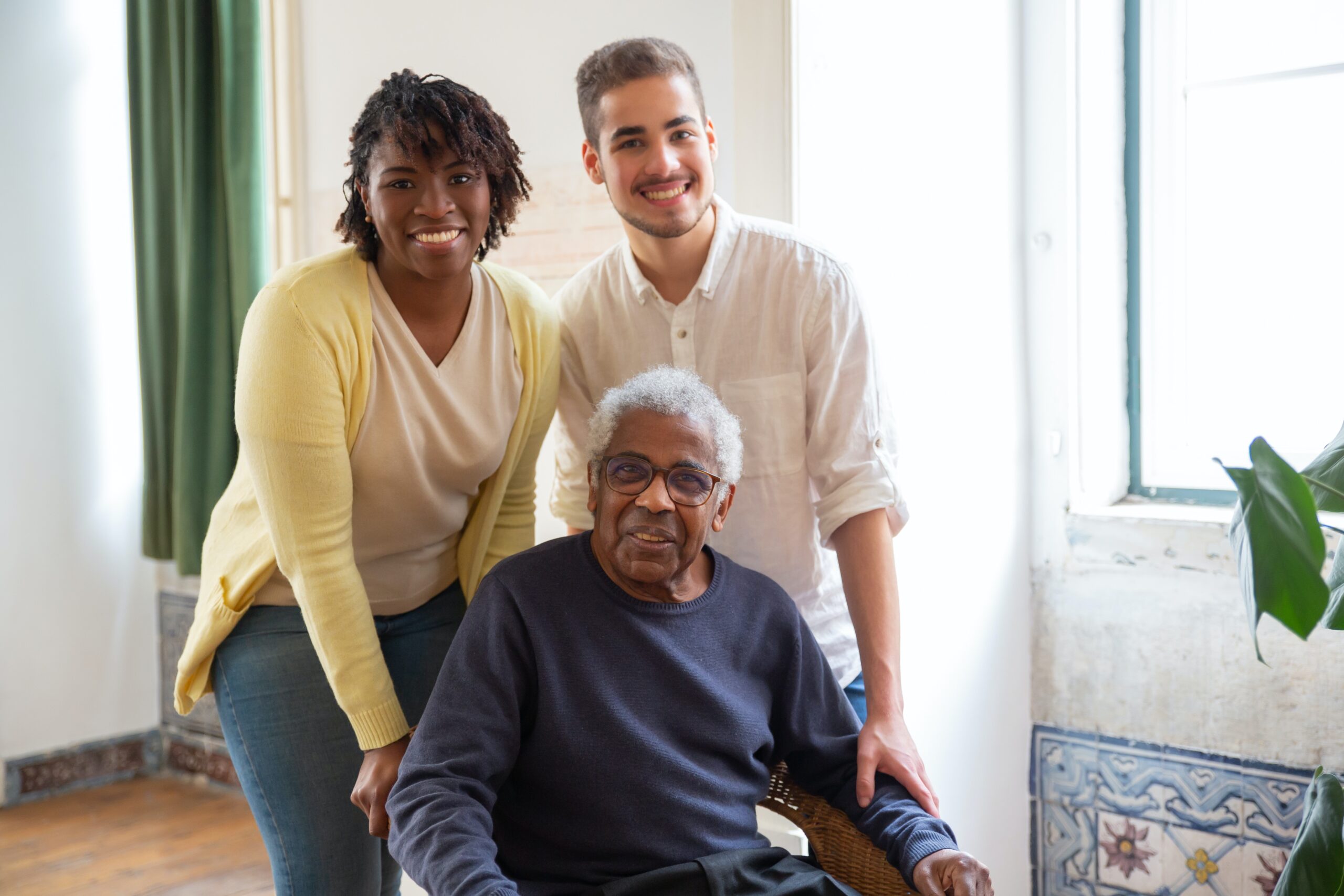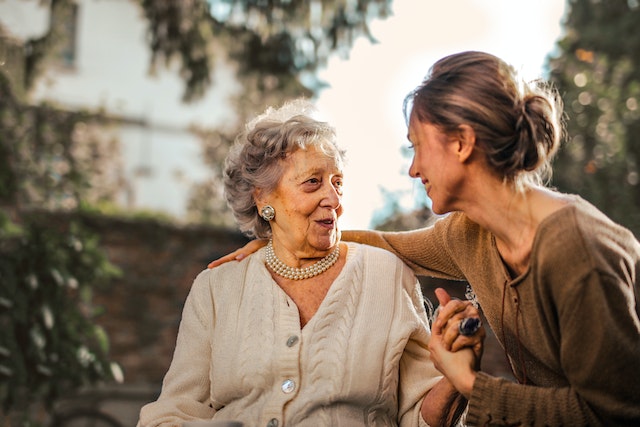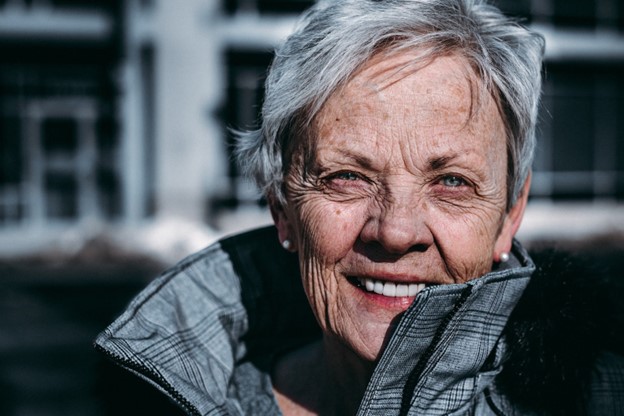Author: Megan Fletcher Photo: https://unsplash.com/photos/TeXSl0ONrdk
Have you ever looked in the mirror and noticed that your parting is a little more obvious than usual, or brushed your hair and thought it seemed thinner? These could be the first signs that you’re about to experience hair loss, but this is a very natural process for humans as we age.
There’s no need to feel embarrassed, but some people do find that hair loss comes earlier than they expect. So why does this happen? Here, we take a look at some of the common causes of hair loss in seniors.
Androgenetic alopecia
This genetic condition is more commonly known as pattern baldness, and can occur in both men and women. In men, the hair tends to recede around the temples and on the top of the head, whereas in women it presents as a general thinning of the entire head of hair.
This can happen at any age, with some men in particular finding that it happens well before they’re in their senior years, but it is more common as people age. For women, this change to the thickness of their hair tends to come after the menopause. There is no cure, but there are treatments available to slow down or halt the hair loss temporarily.
Endocrine disorders
Endocrine disorders can cause a wide range of symptoms, including fatigue, weight gain, and hair loss. While hair loss is often thought of as a cosmetic issue, it can be a sign of an underlying condition.
One of the most common endocrine disorders is hypothyroidism, which occurs when the thyroid gland doesn’t produce enough hormones. This can lead to diffuse hair loss, which is widely distributed throughout the scalp. Hypothyroidism has been shown to be more frequent in old age.
Iron deficiency
Iron is a key nutrient for people of all ages, as it produces hemoglobin, which carries oxygen in your body. When you don’t get enough iron, your production of hemoglobin reduces, which means that your cells can’t repair and grow – including the ones that are responsible for your hair growth.
Iron deficiency symptoms in regard to your hair look very similar to pattern baldness, so if you do notice more hair than usual coming out when you wash it, do make sure to speak to a healthcare professional, who can check your iron levels.
If it turns out that iron is responsible, your doctor may suggest supplements. In the future, you can also make sure to eat more iron-rich foods like spinach, peas and lean protein.
To sum up
Hair loss is a natural process, and it’s often just a part of aging, rather than anything to be concerned about. In most cases, hair loss is not reversible, but there are ways to manage it. For example, seniors can try using wigs or hairpieces to cover up thinning areas. They can also take measures to keep their scalp healthy, such as using gentle shampoos and avoiding harsh chemicals. If hair loss is causing significant distress, seniors can talk to their doctor about potential treatments.
About Megan: I aim to write posts that inform and reassure people about natural changes in the body. I hope to give readers helpful take-home points that they can relate to.

